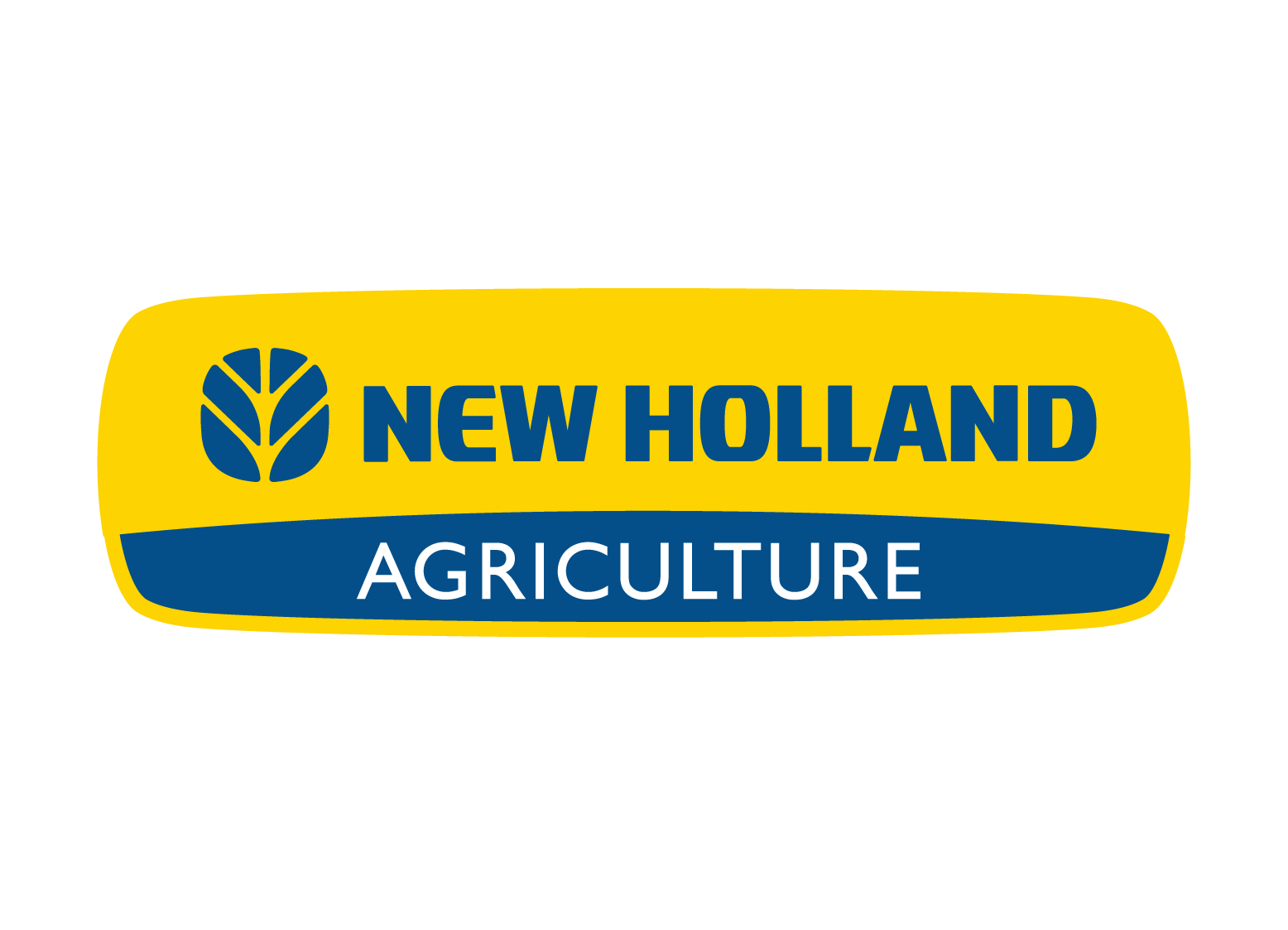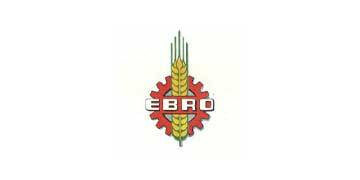Organic farming is a type of agriculture that includes farming techniques and methods aimed at protecting the environment, people and animals through sustainable agriculture. Therefore, in this method, nothing other than organic materials should be used in techniques such as fertilization and crop protection. Organic farming method is a method that requires a lot of effort and yields much lower than traditional farming. For this reason, organic agricultural products are marketed at higher prices than traditional agricultural products.
What is Organic Agriculture?
Organic farming provides the following benefits:
- It provides high biodiversity with climate and environment friendly practices.
- Protects natural resources.
- Allows production with natural substances and methods.
- It is a comprehensive agricultural management that pays attention to the application of animal welfare and production standards. It can also be defined as a food production system.
Organic farming producers tend to limit all inputs and use environmentally friendly farming techniques in their operations. Therefore, animal manure, compost or special organic fertilizers are used in fertilization applications. In crop protection applications, mostly traps and natural predators are used.
When it comes to weed control, techniques such as manual weeding and tillage are preferred.
What are the Principles of Organic Agriculture?
IFOAM organic farming principles:
- It should be based on relationships that ensure justice in the environment and life processes.
- It should maintain and improve soil, plant, animal and human health as a whole.
- It should be managed prudently and responsibly to protect the health as well as the well-being of present and future generations and the environment.
- Based on the ecological system and transformation, it should imitate these and help their sustainability.
What are the aims of organic agriculture?
The objectives of organic farming are as follows:
- To provide safe and healthy food production free from pesticide residues
- Ensuring animal health and welfare
- Ensuring the overall protection of the environment through sustainable management
- To ensure the maintenance and development of soil fertility and biological activity
- Protecting farmers from harmful chemicals
- To ensure sustainable use of energy and natural resources such as water, soil and organic matter.
What are Organic Agriculture Applications?
The rules regarding the production methods and controls of organic products may vary from country to country. However, basically the applications can be listed as follows.
- Using green manure
- Avoiding the use of Genetically Modified Organisms (GMOs) and products produced by or with GMOs
- Using animal manure and vegetable waste
- Using alternative plant protection (natural predators) and nutritional products
- Crop rotation
- Using local plant varieties and local animal breeds that are resistant to the special conditions of the region
- Providing high standards of animal welfare
- Recycling of organic materials
Kullanılan yöntem ve uygulamalar tamamen doğal şartlar altında yapılmaktadır. Ayrıca ürünleri daha fazla büyütmek için herhangi bir kimyasal işlem uygulanmamaktadır.
What are the Benefits of Organic Agriculture?
The benefits of organic farming activities are as follows:
- It reduces soil erosion in large areas. In this way, it protects soil and fertilizer, which are the most important resources of agriculture.
- Protects water resources and soil. At the same time, it increases productivity with appropriate tillage methods.
- Protects the pastures necessary for grazing, thanks to the protection of natural life.
- Significantly reduces health problems.
- It ensures the protection of nutritional values of food and products.
- Organic farming preserves existing diversity and endangered seeds.
- Fertilizer yield is quite high. In this way, it gives farmers the opportunity to use it for a l
 en
en  tr
tr 






























